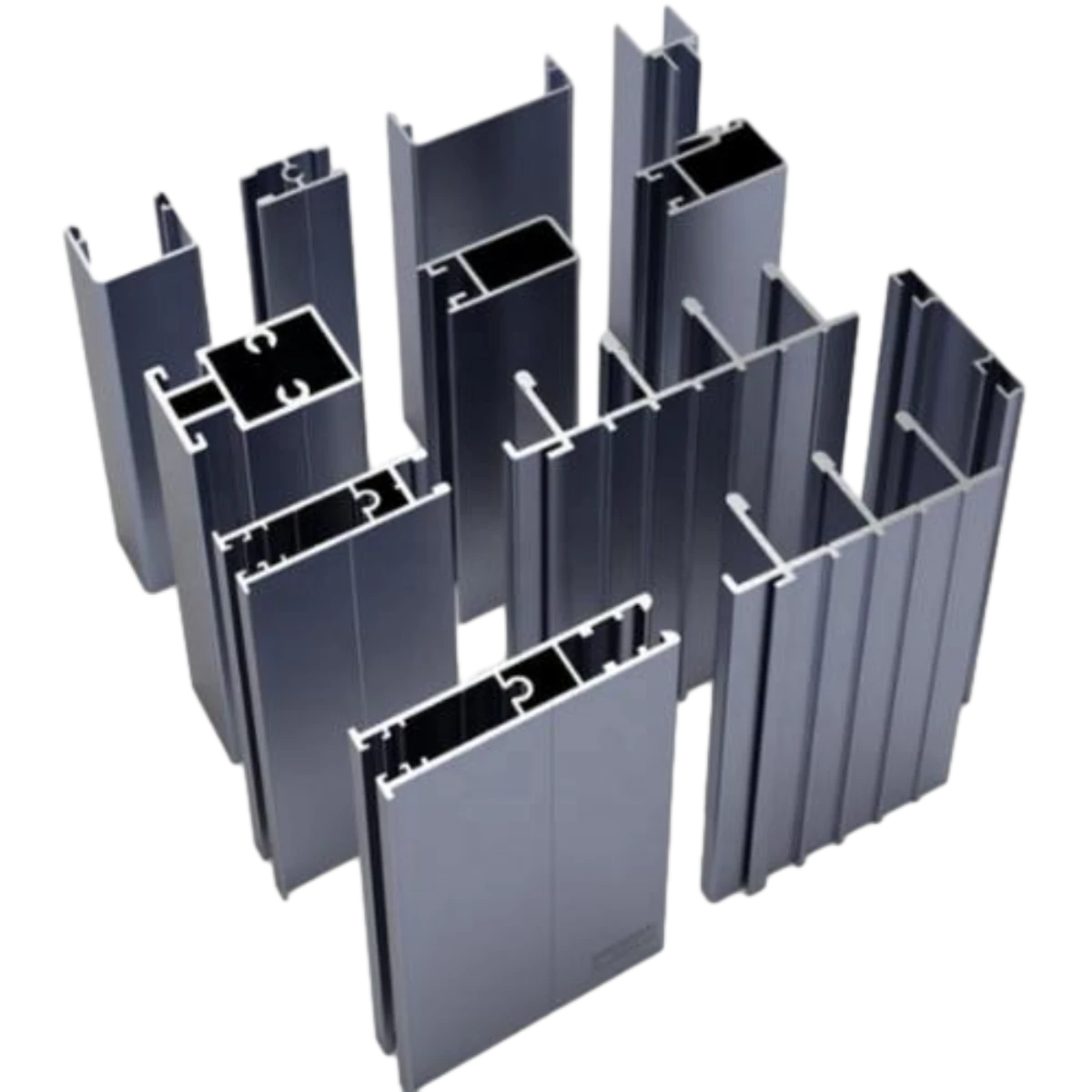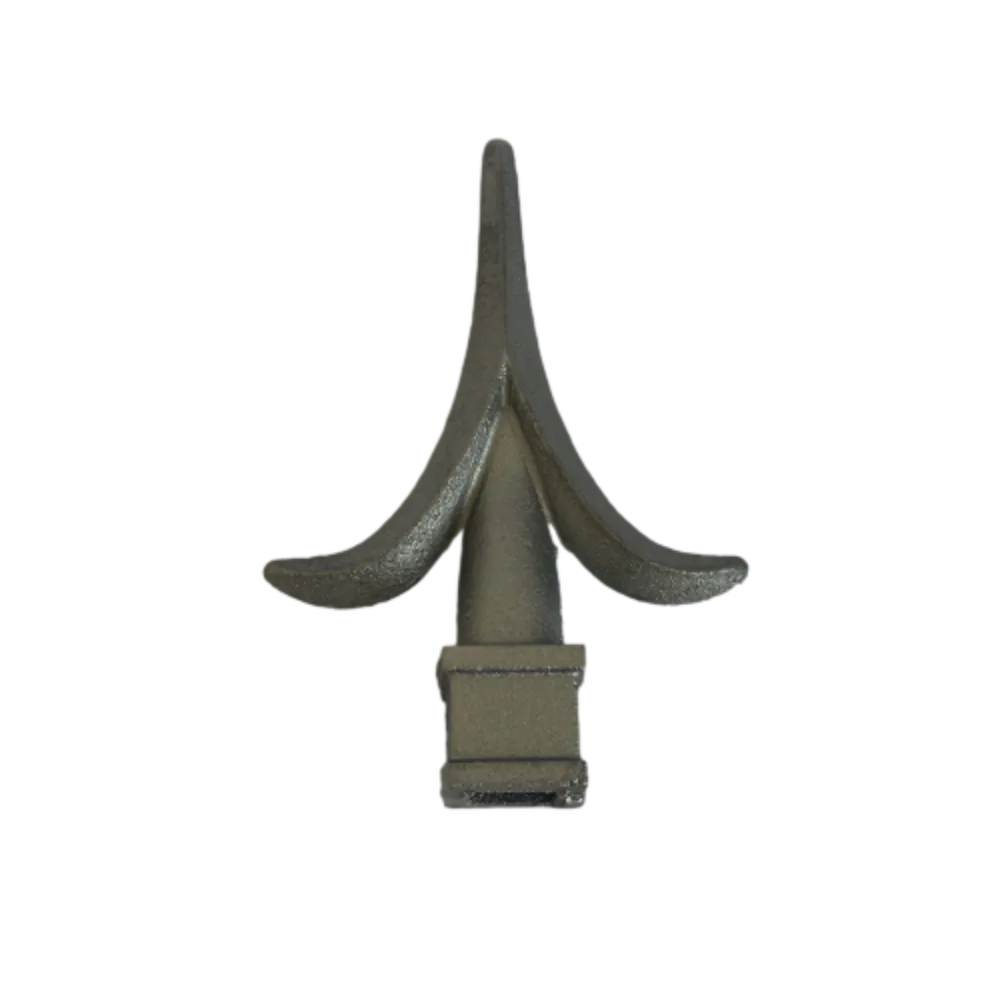Sliding Rollers: Smooth, Silent, and Built to Last
Whether it's for a residential sliding door, a commercial gate, or an industrial system, sliding rollers play a critical role in ensuring smooth, reliable movement. From Sliding Door Rollers that glide open closets and patio doors to sliding gate rollers that support heavy-duty security gates, having the right roller system can make all the difference in performance, longevity, and noise reduction.
If you're in the market for durable, high-performance sliding components, here's what you need to know.
What Are Sliding Rollers?
Sliding rollers are components designed to allow a door or gate to glide along a track. They're typically made of materials like steel, nylon, or aluminum and are used in a wide range of sliding systems including:
Interior and exterior sliding doors
Bypass wardrobe doors
Glass or wood patio doors
Industrial gates
Residential or commercial sliding fences
These rollers reduce friction between the moving door/gate and the track, allowing for easier operation and less wear over time.
Key Features of Quality Sliding Door Rollers
If you're installing or replacing rollers on a door, quality matters. Sliding Door Rollers must support the weight of the door, glide smoothly, and remain durable through years of use.
Features to look for:
Smooth Bearings: Ball-bearing systems ensure quiet and effortless movement.
Corrosion-Resistant Materials: Stainless steel or zinc-coated rollers are essential for areas with high humidity or outdoor exposure.
Adjustability: Adjustable height or alignment settings can help with installation and compensate for uneven tracks or frames.
Nylon vs. Steel Wheels: Nylon offers quieter operation and is ideal for indoor use. Steel provides greater durability and weight support, especially for heavier doors.
Common use cases:
Patio doors (glass or wood)
Closet systems
Bathroom barn-style doors
Office dividers and partitions
If you're replacing a worn-out set, it’s important to match the roller size and shape to your existing track system to ensure compatibility.
The Role of Sliding Gate Rollers in Security and Access
Unlike standard door rollers, sliding gate rollers are engineered for heavier loads and more rugged environments. They’re a vital component in sliding security gates, automatic entrance systems, and commercial fencing.
Why sliding gate rollers matter:
They support gates weighing hundreds of kilograms.
They maintain alignment over long tracks.
They reduce strain on gate motors in automated systems.
They minimize friction and noise.
Sliding gate rollers are commonly mounted on the bottom of the gate and move along a grooved or flat track. Some systems use V-groove rollers or U-groove rollers, depending on the track profile. In cantilever systems, the rollers are attached to posts or guides that support the gate without a ground track.
Popular materials:
Galvanized steel: For high durability and weather resistance.
Solid rubber or nylon wheels: Reduce noise during operation.
Sealed ball bearings: Offer long-lasting smooth movement and protection against dust or water.
Choosing the Right Sliding Rollers for Your Application
When shopping for sliding rollers, consider the following:
Load Capacity: Make sure the rollers can support the total weight of your door or gate.
Track Compatibility: V-groove, U-groove, and flat track systems require specific roller types.
Environment: Outdoor gates require corrosion-resistant and weatherproof materials.
Maintenance Needs: Some rollers come with sealed bearings that require no lubrication, while others may need occasional servicing.
Ease of Installation: Look for rollers with pre-drilled holes, adjustable brackets, or universal mounting kits.
If you're unsure which type of sliding roller fits your needs, suppliers often offer product selection guides or customer support to help match you with the right hardware.
Leading manufacturers also offer downloadable catalogs with specifications, load ratings, and installation diagrams to help you choose the right product.
Maintenance Tips for Long-Lasting Rollers
To get the most life from your sliding rollers:
Clean tracks regularly: Dust and debris can cause unnecessary friction and wear.
Lubricate if required: Use a silicone-based lubricant for metal rollers unless the bearings are sealed.
Inspect for wear: Replace rollers that show signs of flattening, cracking, or rough movement.
Check alignment: Misaligned tracks or rollers can damage both the door and the rollers over time.
Sliding Rollers FAQs
Q1: What materials are best for sliding door rollers?
A: Nylon is best for quiet indoor use, while stainless steel or zinc-coated steel is better for heavier doors and outdoor exposure.
Q2: Can I install sliding door rollers myself?
A: Yes, many DIYers can install or replace Sliding Door Rollers using basic tools, but ensure you match the roller to the door’s size and track system.
Q3: How are sliding gate rollers different?
A: Sliding gate rollers are built for higher weight capacity and outdoor conditions. They often use V-groove or U-groove designs and are paired with specific track profiles.
Q4: How much do sliding rollers cost?
A: Prices vary. Basic Sliding Door Rollers start around $10–$30 per set. Heavy-duty sliding gate rollers can range from $40 to $150+ depending on load capacity and materials.
Q5: Do rollers need maintenance?
A: Yes. Clean tracks and periodic lubrication (unless sealed) can extend the life of your rollers and prevent noise or stiffness.
-
Plough Wheel Cast Iron Material Enhances Load-BearingخبرونهNov.10,2025
-
Cast Iron Cooking Stove Heat Retention Ensures Even Food HeatingخبرونهNov.10,2025
-
Rubber Strip Shock Absorption Protects Window EdgesخبرونهNov.10,2025
-
Aluminum Profiles High Corrosion Resistance Suits Coastal AreasخبرونهNov.10,2025
-
Window Handle Aluminum Material Ensures Lightweight DurabilityخبرونهNov.10,2025
-
Sliding Roller Plastic Housing Fits Aluminum Sliding WindowsخبرونهNov.10,2025
-
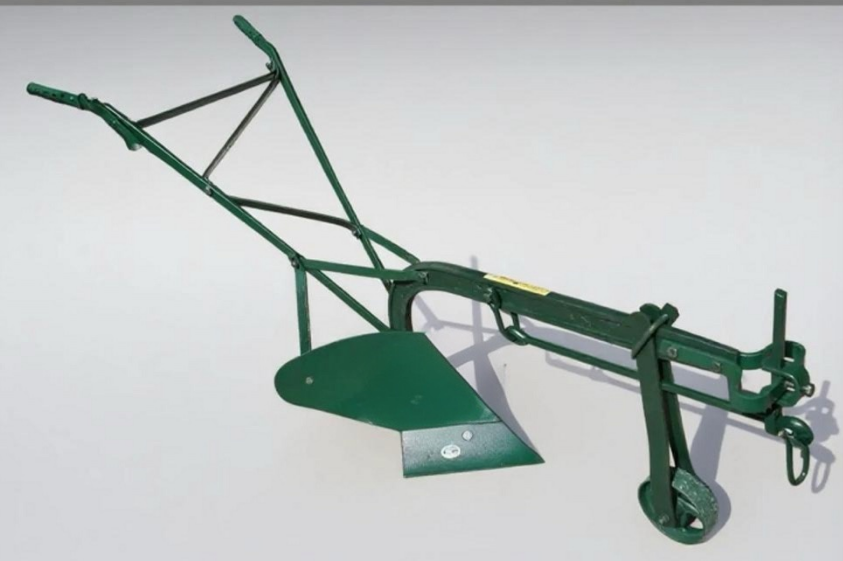 Plough Wheel Cast Iron Material Enhances Load-BearingNov-10-2025Plough Wheel Cast Iron Material Enhances Load-Bearing
Plough Wheel Cast Iron Material Enhances Load-BearingNov-10-2025Plough Wheel Cast Iron Material Enhances Load-Bearing -
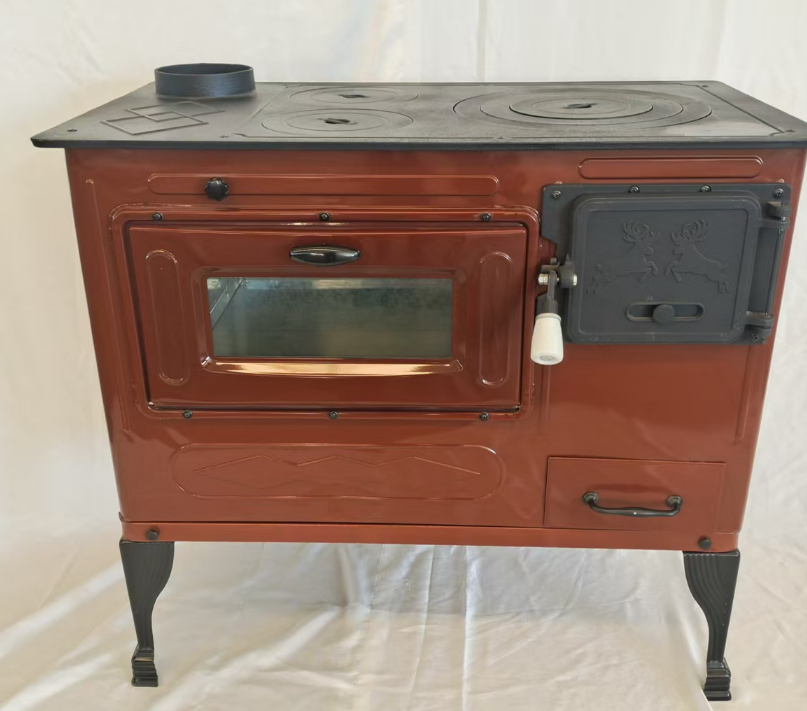 Cast Iron Cooking Stove Heat Retention Ensures Even Food HeatingNov-10-2025Cast Iron Cooking Stove Heat Retention Ensures Even Food Heating
Cast Iron Cooking Stove Heat Retention Ensures Even Food HeatingNov-10-2025Cast Iron Cooking Stove Heat Retention Ensures Even Food Heating -
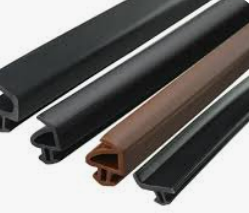 Rubber Strip Shock Absorption Protects Window EdgesNov-10-2025Rubber Strip Shock Absorption Protects Window Edges
Rubber Strip Shock Absorption Protects Window EdgesNov-10-2025Rubber Strip Shock Absorption Protects Window Edges





